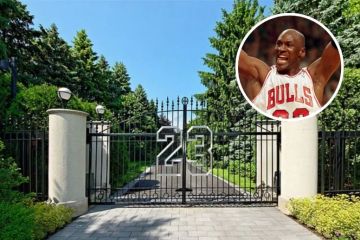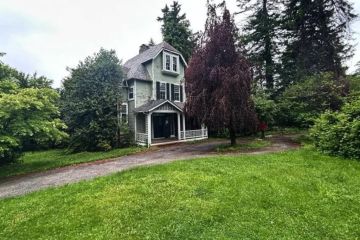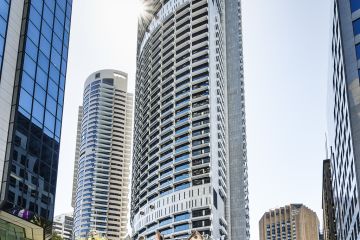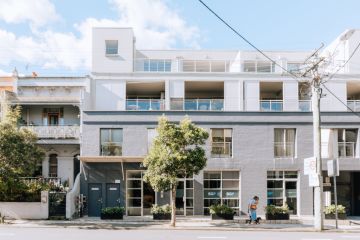Millennials making major sacrifices to buy their first home, as long as it's a house
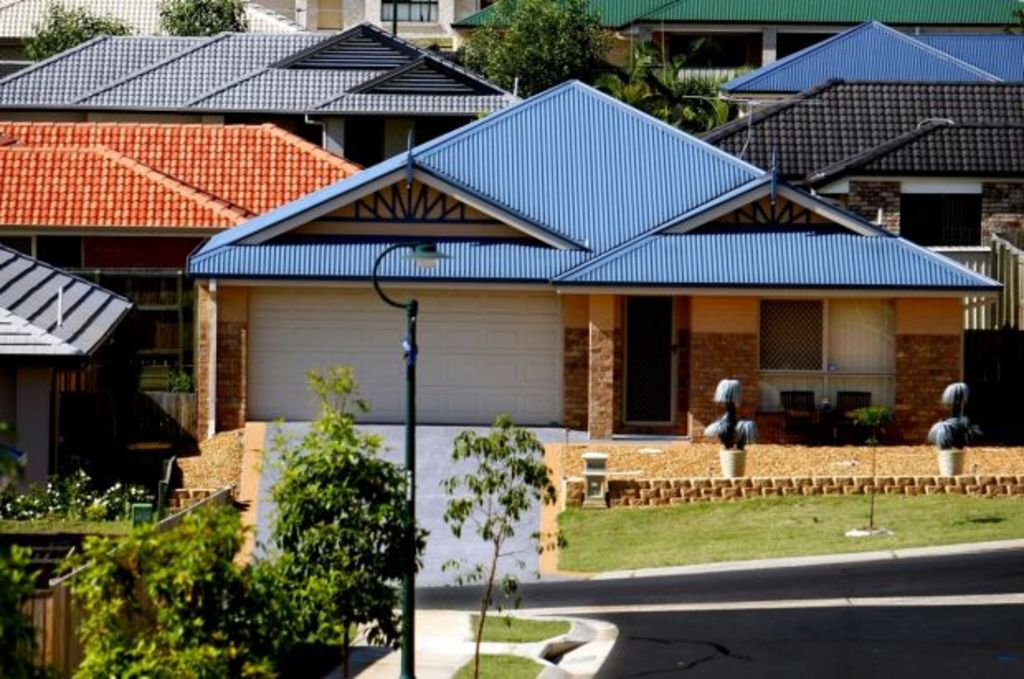
Millennials aren’t the frivolous, smashed-avo-on-toast-eating spenders they’re made out to be, and are more than willing to make plenty of sacrifices in the hope of buying into the Australian dream, according to a new survey.
Gen Y are also turning their backs on apartment living, ditching it in favour of a three-bedroom house with a backyard and close to work, shops and schools.
But despite their aspirations Millennials have a significant knowledge gap that seems to trip them over when it comes to buying their first home.
ING’s new Millennial Homeownership Report found the overwhelming majority of young Australians aged 22-37 were serious about home ownership, with 76 per cent making sacrifices to afford a home.
More than half of Millennials were willing to forgo some parts of their lifestyle to save up for a deposit by cutting back on little luxuries, like going out for dinner or that smashed avo at brunch.
A third were curbing big luxuries like holidays and one in 10 was delaying significant life events like a wedding, honeymoon or having children, just to get on the property ladder.
Less than a quarter weren’t making any sort of sacrifice for a deposit.
Most Millennials were also prepared to make concessions about where they lived, with more than 60 per cent willing to live in less established areas, and almost the same number willing to increase their commuting time by up to an hour to purchase their first property.
The newer generation’s goals and aspirations were similar to the Baby Boomers who went before them, according to Morgan Owen, research director at Pollinate, which was commissioned for the survey.
They’re family oriented, they believe owning a home financially sets them up in the future, they feel more secure when they have bought a house.
But Mr Owen said the findings challenged the idea that Millennials were keen on apartment living, with two-thirds of respondents wanting a house with two or more bedrooms. “Who is going to buy all these apartments that are going up?” he said.
Learning curve
Although many young people were saving for a home, they lacked a clear plan, with 61 per cent unsure how much they needed to save for a deposit.
Even those who think they knew how much to save were way off the mark, with $76,000 considered the average amount required for a deposit.
First home buyers typically required $170,000 for a deposit, according to ING’s Australia’s Head of Retail Banking, Melanie Evans, a whopping $100,000 difference between expectation and reality.
“It’s evident that they need help on how to go about saving for a deposit with many unaware of how much they need to save,” Ms Evans said.
A lack of knowledge about getting on the property ladder was a key issue for Sydney nurse Jess, who consulted a broker, a book and even then prime minister Tony Abbott about where to begin on saving for a first home.
She emailed Mr Abbott, inquiring about the First Home Buyer Super Savings Scheme after her superannuation company had “no idea” about it.
Director and co-founder of First Home Buyers Australia Taj Singh said most of his clients didn’t know where to start when it came to buying property.
“The most frequently asked question we get is ‘how much exactly do I need for my deposit?,” said Mr Singh.
He believed the confusion was due to the hot property markets in cities such as Sydney, which makes it difficult for aspiring property buyers to accurately calculate a sufficient deposit.
“If prices increase so does their deposit requirements and that’s what puts a lot of doubt in people’s minds,” Mr Singh said.
We recommend
We thought you might like
States
Capital Cities
Capital Cities - Rentals
Popular Areas
Allhomes
More
- © 2025, CoStar Group Inc.
